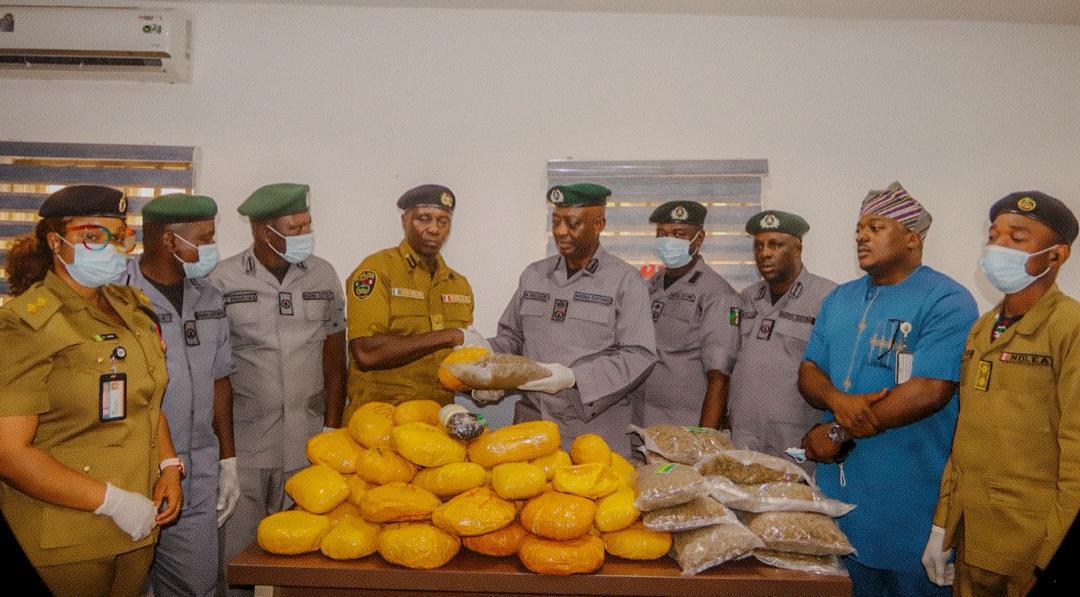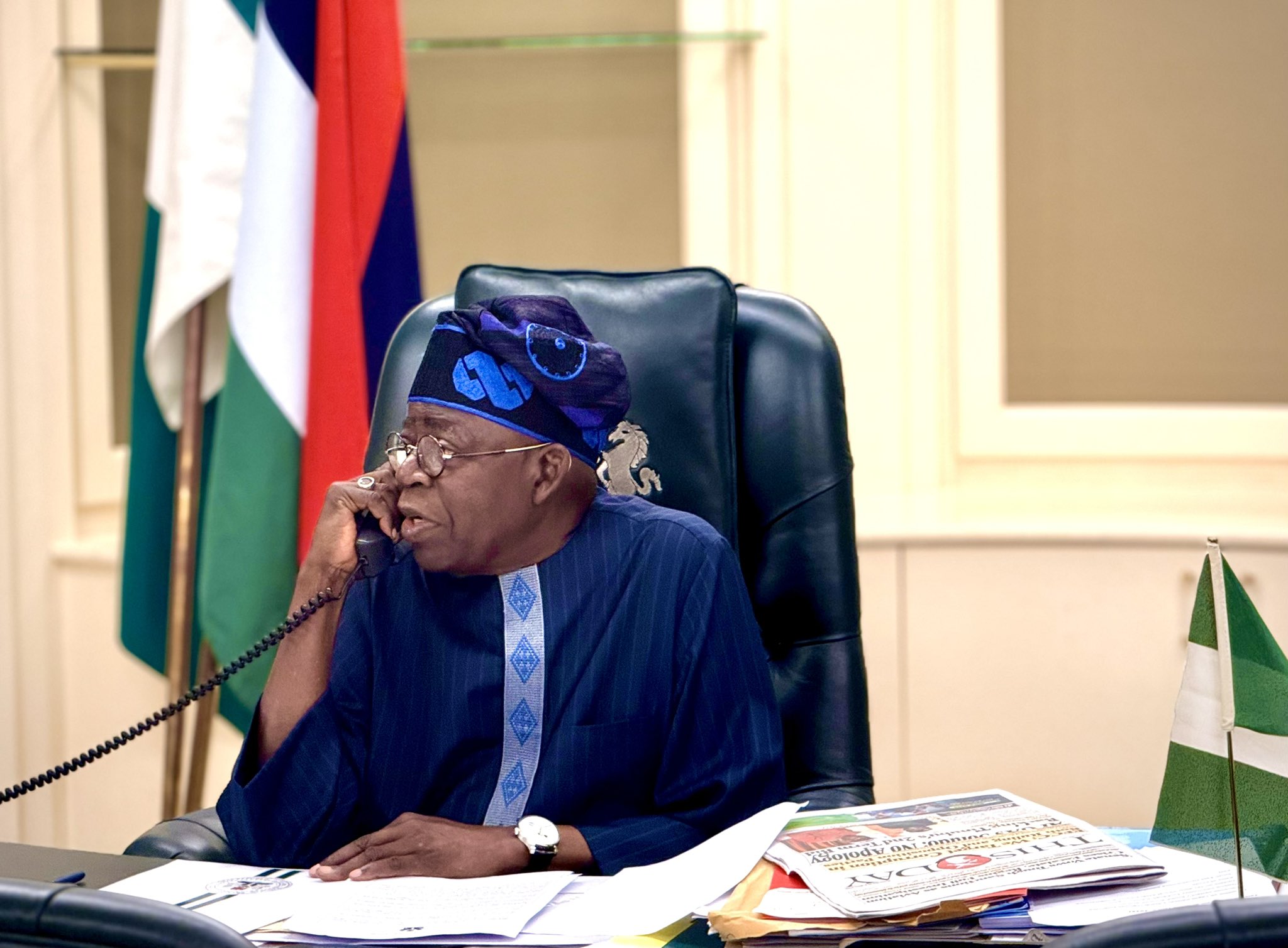The Muslim Rights Concern (MURIC) has criticised the Federal Government’s decision to suspend the 15 per cent tariff on imported fuel, describing the move as harmful to Nigeria’s economic progress and long-term industrial growth.
Also, the Yoruba Council Worldwide (YCW) and the Nigeria Coalition Group (NCG) have rejected the suspension of the tariff by the Federal Government.
The Federal Government, through the Nigerian Midstream and Downstream Petroleum Regulatory Authority (NMDPRA), announced the suspension last Thursday. The tariff had been introduced as part of efforts to discourage fuel importation and promote reliance on locally refined products.
In a statement on Friday, the Executive Director of MURIC, Prof. Ishaq Akintola, said the suspension was “ill-advised, badly timed and in bad taste.”
According to him, the decision has the potential to push Nigeria backwards at a time when the country should be consolidating gains from its emerging refining capacity.
Akintola argued that the suspension sends the wrong signal to local investors, particularly at a time when the country is beginning to enjoy increased output from an indigenous refinery.
He noted that the refinery currently produces about 1.4 million barrels per day, a volume he believes is capable of meeting Nigeria’s demand, which ranges between 48 million and 52 million litres daily.
He stressed that policy inconsistency could undermine the confidence of local investors who have committed substantial resources to reviving Nigeria’s refining industry.
“In our humble opinion, this suspension is inimical to Nigeria’s economic growth and self-reliance,” he said. “Coming at a time when the country is just beginning to reap the fruits of the existence of an indigenous oil refinery, the suspension can only be described as ill-timed.”
The organisation said Nigeria must prioritise the protection and growth of local industries to reduce dependence on imported petroleum products. Akintola added that encouraging local production would contribute significantly to economic stability, job creation and technological advancement.
He maintained that the Dangote Refinery, being one of the largest private investments in the country, requires a supportive policy environment to thrive, adding that its success could motivate more Nigerian investors and entrepreneurs to invest in large-scale industries that would strengthen the country’s manufacturing base.
“MURIC strongly appeals to the Federal Government to reconsider the suspension of the 15 per cent tariff on imported fuel. The country stands to gain immensely from blocking further importation of goods that we already have in abundance,” the statement added.
Akintola urged the government to take a long-term view of the energy sector and adopt policies that encourage local refining rather than cheaper foreign imports. He cited countries such as China and Singapore as examples of nations that deliberately protected their industries for decades until they became strong enough to compete internationally.
MURIC, therefore, called on the government to reverse the suspension in the interest of economic stability and industrial development. On their parts, the YCM and NCG accused entrenched oil importation cabals of orchestrating the suspension of the tariff to protect their multibillion-naira empire.
At a solidarity rally in Lagos, the groups called for the immediate reinstatement of the 15 per cent import duty, a total ban on the importation of PMS and AGO, the allocation of 100 per cent crude oil supply to the Dangote Refinery, and firm protection for indigenous refiners against what they described as ongoing “economic warfare.”
Speaking at the rally, the President and Convener of the groups, Aare Oladotun Hassan, alleged that the suspension was not prompted by any public panic buying, but by “panic within the oil cabal network struggling to frustrate local refining.”
“There are no queues, no jerrycans, no scarcity. The panic is coming from the cabals, not Nigerians,” the statement noted. The groups described the suspension as “a calculated diversion and deceitful decoy” crafted by oil importers desperate to keep Nigeria dependent on foreign fuel despite the arrival of the 650,000 BPD Dangote Refinery — Africa’s largest.
They argued that implementing the 15 per cent import duty would make fuel importation less profitable and finally tilt the market in favour of locally refined products.
They alleged that a powerful coalition of importers was “plotting to retain control of the fuel economy by undermining Dangote Refinery’s operations at all costs,” stressing that the refinery is capable of stabilising the nation’s supply, especially if allocated the crude oil volume it requires.
“Even with 50 per cent crude supply, Dangote can meet 100 per cent of Nigeria’s fuel demand at lower prices,” they added. They also presented a formal letter to Lagos State Governor, Babajide Sanwo-Olu, and Speaker of the state House of Assembly, Mudashiru Obasa for transmission to President Bola Ahmed Tinubu. The groups described Aliko Dangote, as “a patriotic Nigerian who invested in a project capable of ending fuel scarcity once and for all.”.”






